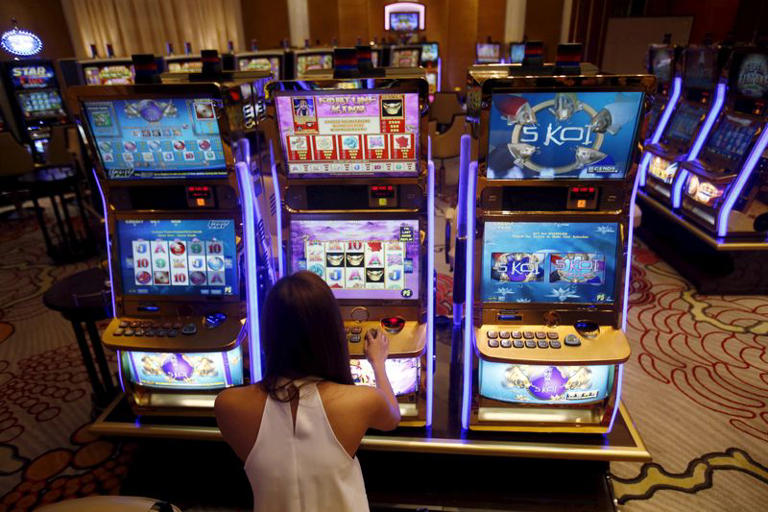The Philippines has initiated a significant crackdown on its offshore gambling industry, mandating that all foreign nationals employed by these firms must leave the country within the next two months. This directive, announced by the Bureau of Immigration on Wednesday, is part of President Ferdinand Marcos Jr.’s broader effort to eliminate Philippine Offshore Gaming Operators (POGOs) due to their alleged connections to criminal activities, human trafficking, and financial scams. Marcos has given the gaming regulator until the end of the year to shut down these operations entirely.
Norman Tansingco, the chief of the Philippine Bureau of Immigration, detailed the new policy in a statement, emphasizing that foreign workers have exactly 59 days to exit the Philippines. The order is anticipated to impact around 20,000 individuals, the majority of whom are Chinese citizens. Tansingco issued a stern warning that any foreign workers who remain in the country beyond this two-month period will be subject to deportation. As of now, the Chinese embassy in Manila has not provided any comments on this matter.
The rise of POGOs in the Philippines began in 2016, as companies took advantage of the country’s relatively lax regulations to cater to gamblers in China, where gambling is strictly prohibited. The industry rapidly expanded, and at its height, approximately 300 POGOs were operating within the Philippines. However, the onset of the COVID-19 pandemic and the implementation of stricter tax rules forced many of these companies to either shut down or move their operations underground. Presently, only 42 POGO firms remain licensed, mostly Chinese-owned, collectively employing around 63,000 workers, both Filipino and foreign.
The decision to ban POGOs is a part of a larger initiative by the Marcos administration to address the various negative impacts associated with the industry. Allegations of POGOs being linked to criminal enterprises, human trafficking, and financial fraud have tarnished the country’s image and posed significant social challenges. By targeting these operations, the government aims to restore order and protect the welfare of its citizens, demonstrating a firm commitment to tackling illegal activities and safeguarding public interest.
The move also underscores the complex relationship between economic growth and regulatory oversight. While POGOs initially brought substantial economic benefits, including job creation and tax revenue, the associated social costs and criminal activities have led to a reassessment of their overall impact. The Philippines’ decisive action reflects a balancing act between fostering economic development and ensuring social stability and security.
